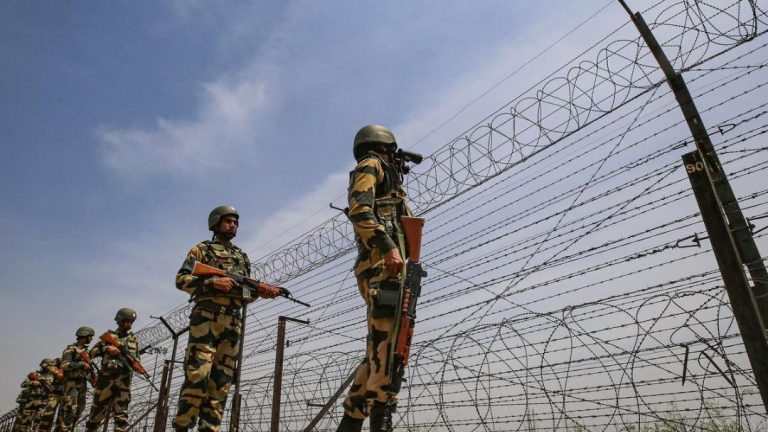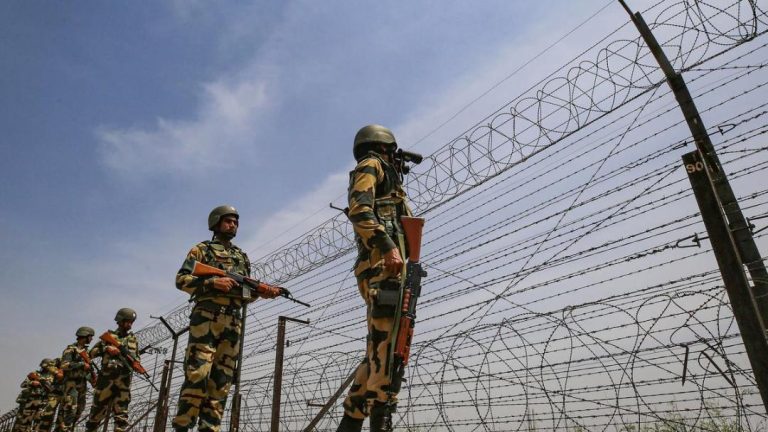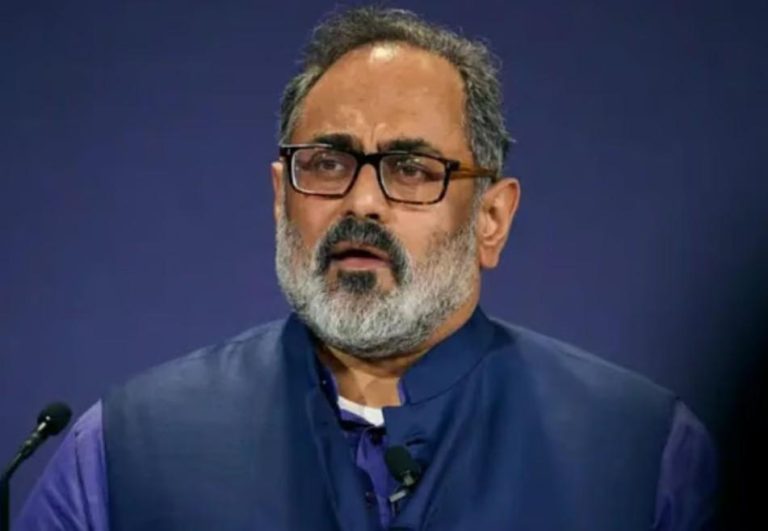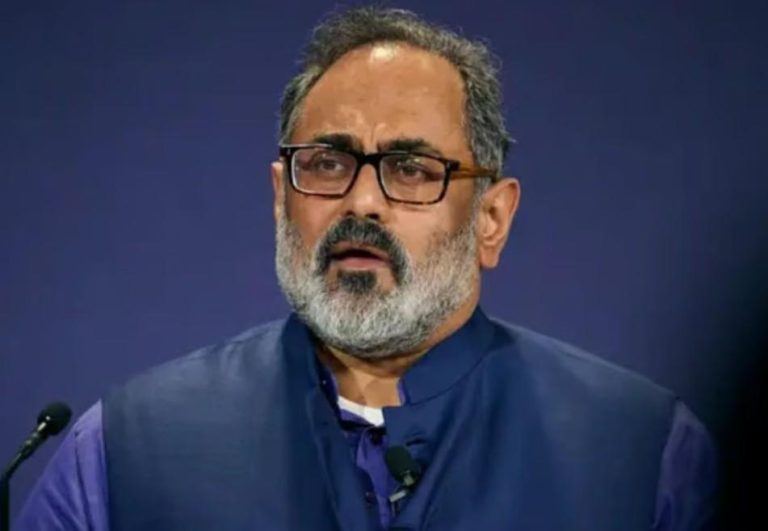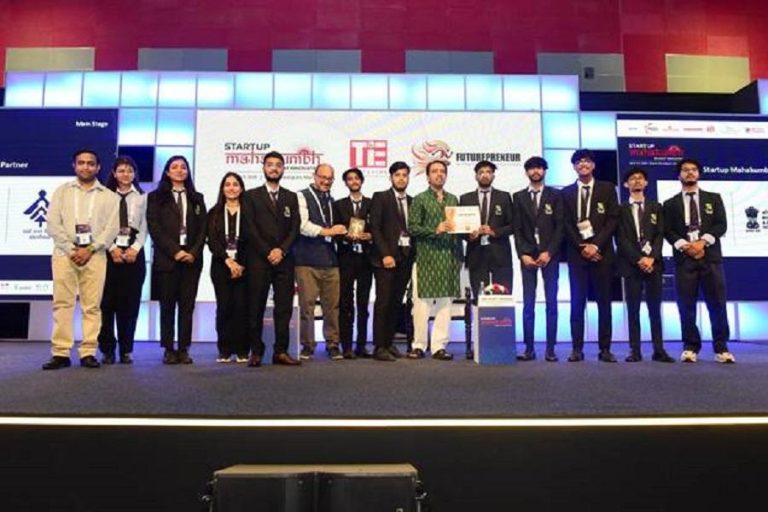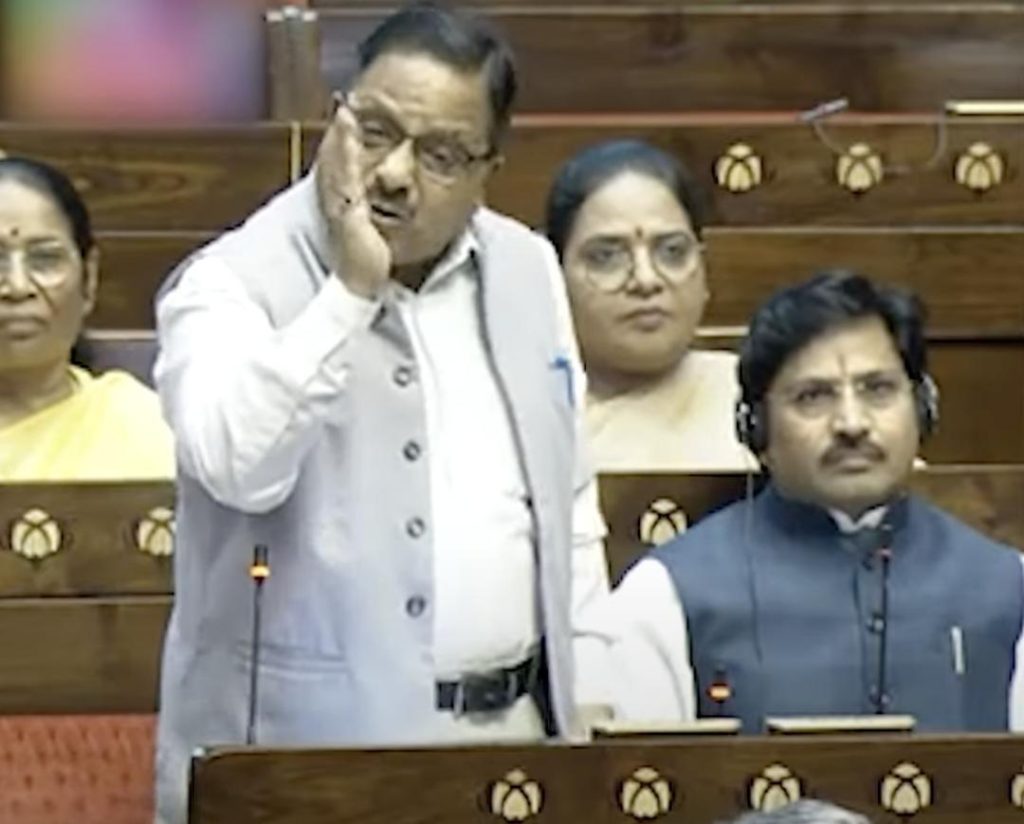
Should I Read Quran and Tell You What’s Written in It: BJP MP Radha Mohan Das on Waqf Bill
The debate around the Waqf Bill has been gaining momentum in recent times, with various opinions being exchanged on the topic. The latest development in this regard came during the discussion on the bill in the Indian parliament, where BJP MP Radha Mohan Das made a rather interesting and controversial statement. In his defense of the bill, Das asked if he should read the Quran and tell what is written in it, sparking a heated debate among politicians, religious scholars, and the general public.
The Waqf Bill, also known as the Waqf (Amendment) Bill, 2022, aims to amend the Waqf Act of 1995 and regulate the Waqf Board, which is responsible for managing Muslim religious properties and endowments. The bill has been opposed by various Muslim organizations and political parties, who claim that it is an attempt to undermine the autonomy of the Waqf Board and allow the government to interfere in the management of Muslim properties.
During the debate, Radha Mohan Das, a BJP MP from Uttar Pradesh, made a statement that has been widely reported in the media. “The Quran says that even if one rupee is given to anyone, there should be a written record,” he said, addressing the members of the parliament. “And you say you have so many properties without a record.” Das was referring to the Waqf Board’s alleged lack of transparency in managing the properties entrusted to it.
Das’s statement has been met with both praise and criticism from various quarters. While some have seen it as a bold move to highlight the need for transparency in the management of Waqf properties, others have accused him of being insensitive and misinformed about the religious scriptures.
Critics of Das’s statement have argued that he has no business reading the Quran or commenting on its contents. “The Quran is a sacred book of Islam, and it is not for politicians to make statements about it,” said Maulana Khalid Rashidi, a prominent Islamic scholar. “Das’s statement is an attempt to provoke Muslims and create a controversy around the Waqf Bill.”
On the other hand, some have defended Das’s statement, saying that he was simply highlighting the importance of transparency and accountability in the management of public properties. “Das is right in saying that the Quran emphasizes the need for transparency and record-keeping,” said Ashok Chowdhary, a political analyst. “The Waqf Board should be more transparent in its dealings and maintain proper records of its properties and transactions.”
The debate around the Waqf Bill and Das’s statement has also raised questions about the role of religion in politics. While some argue that religion should be kept separate from politics, others believe that religious leaders and politicians should engage in constructive dialogue to address social and economic issues.
In conclusion, Radha Mohan Das’s statement about reading the Quran and telling what is written in it has sparked a heated debate in India. While some have praised his boldness in highlighting the need for transparency in the management of Waqf properties, others have criticized his statement for being insensitive and misinformed about religious scriptures. As the debate around the Waqf Bill continues, it is essential to engage in constructive dialogue and respect each other’s religious beliefs and practices.
Source: https://www.youtube.com/watch
